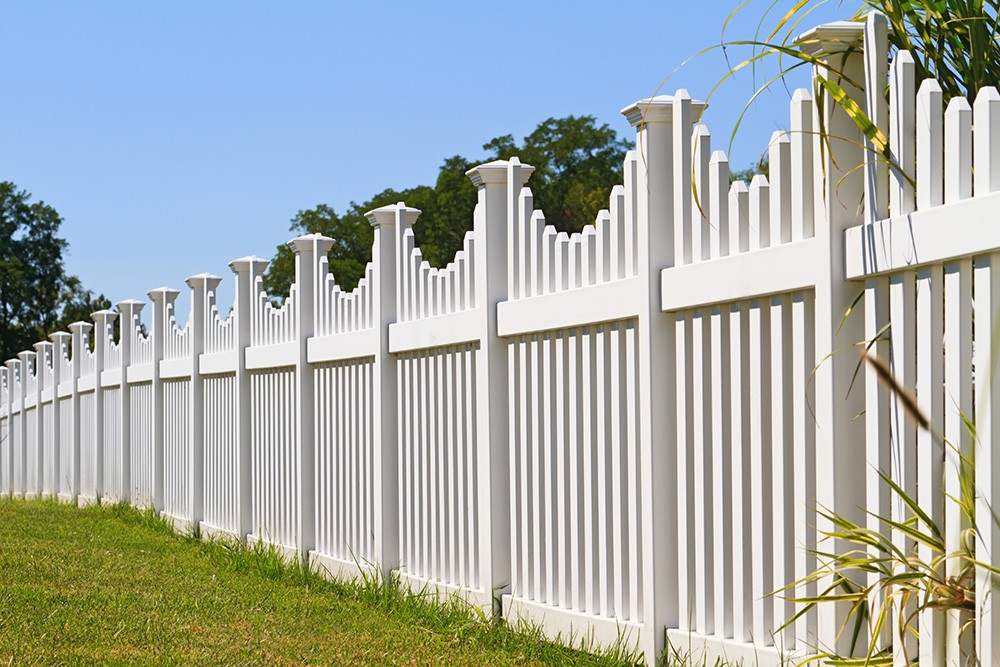The longevity of your fence is a vital component of making a purchasing decision. Arguably it’s even more important than the price that you pay. After all, a three-thousand-dollar fence that lasts two years is a terrible investment while the same fence that lasts decades would be a worthwhile purchase.
Knowing how long your fence will last, roughly, before you make a purchase it imperative. Not only do different materials last longer than others, the weather conditions and the installation process will also impact their lifespan. Poorly installed fences tend to break quicker, while our specialist team uses the best methods to give your fence a longer life.
Wrought Iron
If you’ve ever been to Europe, then you’ll know just how long wrought iron fences can last. Many of their castles and old houses have wrought iron fences that have been around for centuries. We can’t guarantee that yours will last that long, but our extended warranty should give you confidence that it will last for decades to come.
Wrought iron fences are very rarely made of cast iron anymore. Traditionally cast iron was used which while cheap is quite brittle and not particularly weather resistant, leading to chipping and rust rather quickly.
Instead, we use galvanized steel with a powder coating that prevents rust, chipping and peeling. Steel is also much stronger than cast iron which helps it to last longer.
Of all of the fencing materials that we use, wrought iron is by far the strongest and one of the more resistant to aging and weather conditions. These factors mean that it is likely to last the longest of the materials that we use.
Chainlink
Chainlink is often thought of as relatively weak because it is so thin. Whereas in reality, a premium chainlink fence can last for decades. By choosing a high-quality metal and a powder coating that will resist rust, the wall is unlikely to be degraded by weather in any drastic manner.
They are also incredibly tough, resisting direct blows and damage. While they are unlikely to last as long as a wrought iron fence which merely is thicker, a chain-link metal fence can last you for decades, especially if you take care of it.
One of the more critical parts of a chainlink fence is the intermittent posts which are hammered into the ground. We use a pneumatic driving technique which pushes them deeper into the ground without unsettling the surrounding soil.
This technique creates a stronger seal and makes it more resistant to heavy winds or storms which might rip out cheaper posts.
Vinyl
Increasingly popular, vinyl fences are the perfect alternative to wood. Vinyl or PVC, a type of durable plastic, is incredibly hardwearing and because it’s a human-made material it hardly ages and is tremendously resistant to the weather. Even heavy storms and snow will have little to no impact on the fence, making it an excellent choice for Minnesota.
Vinyl is also practically maintenance free, and it’s specially made to withstand the elements. Unlike other materials, it won’t rot, chip, peel, fade or crack because it is made using a thick plastic composite.
We also give a lifetime non-prorated warranty on the material and a 5-year warranty on labor. Our vinyl fences should be the last fence that you’ll ever need to install. We are overwhelmingly confident in the quality of our vinyl which is why we recommend it to those looking for extra privacy in their backyards.
Wood
Wood is a different beast entirely. It’s a natural material, and unfortunately, that means that we need to fight to prevent it from returning to nature. Wood tends to rot, it chips quickly, and it performs horribly in the wet Minnesota weather.
For this reason, we have decided to discontinue our wood fencing. We don’t believe that wood fences last long enough to provide good value for money and would recommend that those looking for privacy opt for vinyl instead and those who need safety should go for wrought iron.

